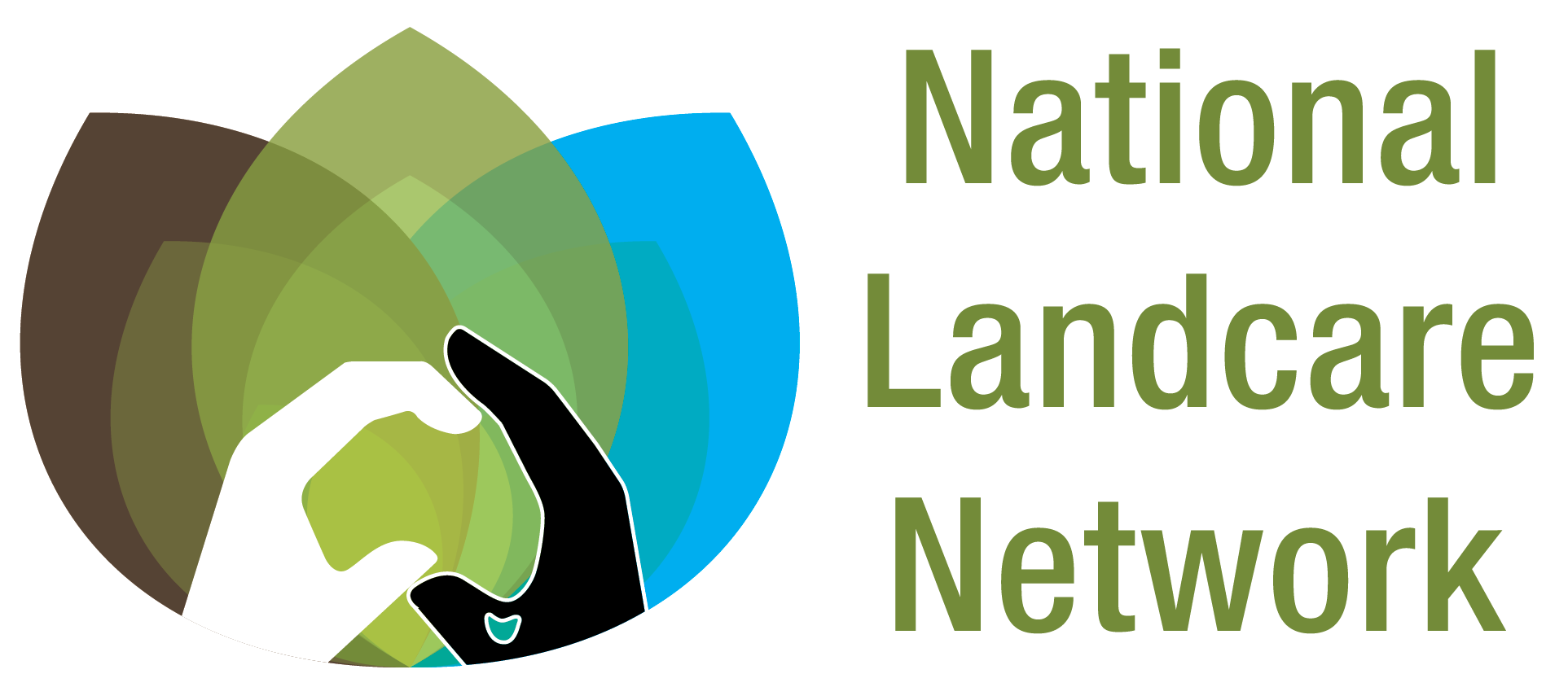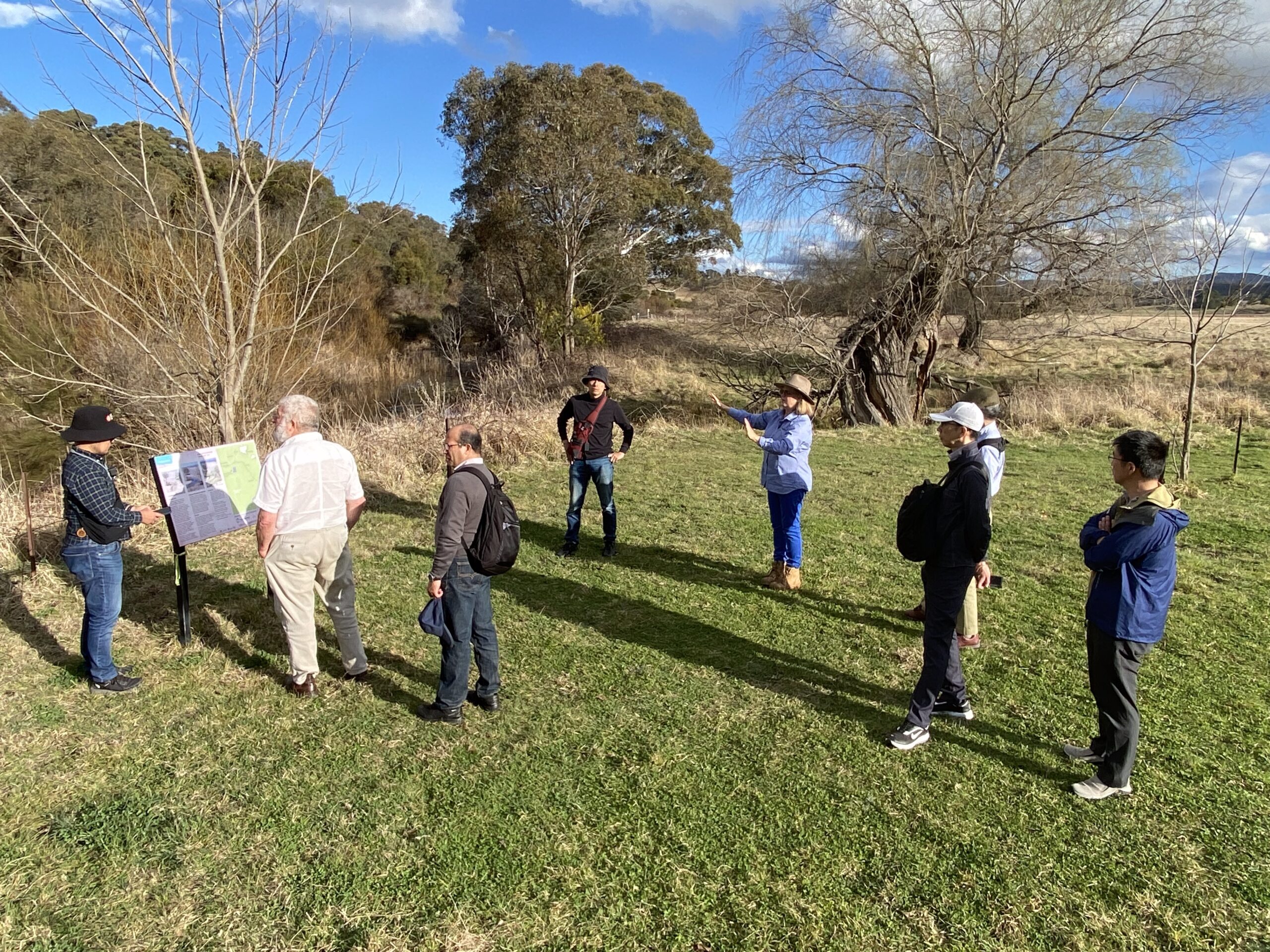In this presentation, Dr. Kaz Kagohashi explores the factors that influence the autonomy of local Landcare groups and addresses the future challenges for the sustainability of Landcare in Australia.
Group autonomy is widely recognized as a fundamental principle of Landcare; however, the processes by which autonomy is created and maintained at the community level have not been thoroughly examined. Adopting a capital framework, Kaz argues that the ability to transform financial capital into natural, human, and manufactured capital is crucial for achieving group autonomy. Drawing from this analysis, he will discuss the challenges facing Australian Landcare and its implications for nature conservation in Japan.
When: 17 Mar 2025 1:00pm – 2:00pm
Location: Fenner Seminar Room & via Zoom.
For more information contact Fenner Communications at fses.communications@anu.edu.au or go to Autonomy, sustainability and Landcare: How can we maintain the local Landcare groups’ autonomy | ANU Fenner School of Environment & Society
About Dr. Kaz Kagohashi
Dr. Kaz Kagohashi is a Visiting Fellow at the Fenner School for Environment and Society, Australian National University (ANU), and an Associate Professor at the Faculty of Global Liberal Studies, Nanzan University, Japan. He also has a concurrent position as a Research Fellow at Nanzan University Institute for Social Ethics and has led the “Social Resilience” research project since 2015. He has also been a Board Member of Global Landcare since 2021. Learn more about Dr. Kagohashi and his work here.
Feature Image: Dr Kazuki Kagohashi, on sabbatical for landcare studies at the Fenner School, ANU, led this Landcare Tour Group to the Mulloon Institute, Bungendore, on 15 August 2024, with Rob Youl, Current Board Member and Past Chair of Global Landcare. Guests included eight academics from Nanzan University, Nagoya, Japan, and the NLN Volunteer Facilitator and friend of the Mulloon Institute, Jen Quealy. The group visited regenerative sites along the Home Farm and further north along Mulloon Creek, to see and walk along landscapes that have benefited from years of landscape rehydration planning and work. Photo credit: Jen Quealy

